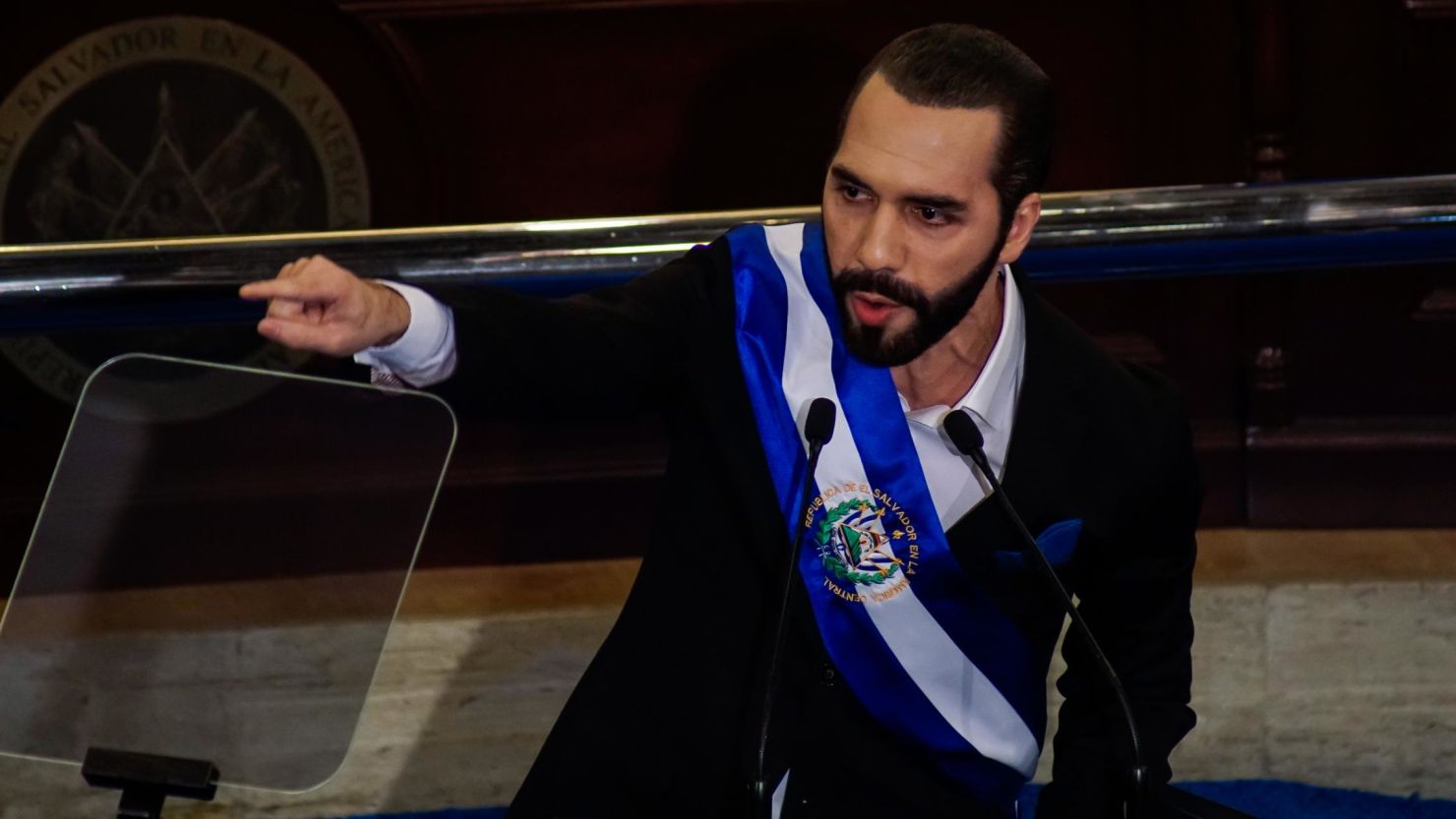Vote counting is underway after polls closed Sunday in? El Salvador, where the strongman president Nayib Bukele is expected to easily win a second term amid a dramatic turnaround in the country’s once-sky high levels of violence.
Bukele, 42, faced little in the way of organized opposition and enjoys one of the highest favorability ratings in the region, regularly polling above 70% in independent surveys.
His supporters trumpet a crackdown on criminal gangs in the country that resulted in a dramatic fall in the murder rate, once the highest in the world.
But the mass arrests – El Salvador now has the world’s highest incarceration rate – have also triggered outcry from human rights groups, who allege Bukele’s government has detained innocent people and subjected prisoners to dehumanizing conditions behind bars, including torture.
The dissonance has elevated the election in this small Central American state to a broader referendum on the extent that voters are willing to relinquish basic liberties in exchange for relative peace and safety.
“I know it’s not perfect, maybe of a thousand they detained, a hundred were innocent,” Jackelyne Zelaya, whose niece was a bystander killed in a 2017 gang shootout, told CNN earlier this week. “Then I look at my sons, I have two aged 16 and 23, and seeing them being able to go out at night, go to play ball down the road with their friends without fearing they could be killed or recruited for something bad, that has no price.”
Results are expected to be announced later Sunday evening.
Speaking Sunday shortly before polls closed, Bukele defended the crackdown, comparing the mass arrests to chemotherapy that eliminated the “cancer of the gangs.”
“El Salvador had a cancer with metastasis because it was in all parts of the country, in every zone,” he said, claiming that 85% of the territory had been controlled by gangs. “El Salvador had metastasis but we conducted surgery, chemotherapy – we are doing radiotherapy and we are going to end up healthy, without the cancer of the gangs.”
“Did our police make a couple of mistakes? Of course they did,” he added. But he insisted that El Salvador’s judicial system has secured the release of thousands of people who were wrongfully detained.
A lopsided win for Bukele would likely give the young leader more leeway to reform El Salvador in his heavy-handed vision. Bukele has not shied away from comparisons to autocrats – once setting his Twitter biography to read “world’s coolest dictator” – and his government has said they are “eliminating” democracy in the country.
Bukele’s ability to run for a second term is a clear example of the effort: with El Salvador’s constitution barring presidents from seeking re-election, the country’s Congress in 2021 replaced the top judges on the Supreme Court with a new class willing to grant him the power.
Leaders in the region are paying close attention. The so-called “Bukele method” has fast become the Latin American security policy au courant, with the presidents of Honduras and Ecuador both clearing the way for mass arrests in their own countries to disrupt spiraling gang violence.
In at least 13 countries in Latin America, most of the population “wouldn’t mind an undemocratic government rising to power if it resolved problems,” according to a 2023 poll by Latinobarometro.


